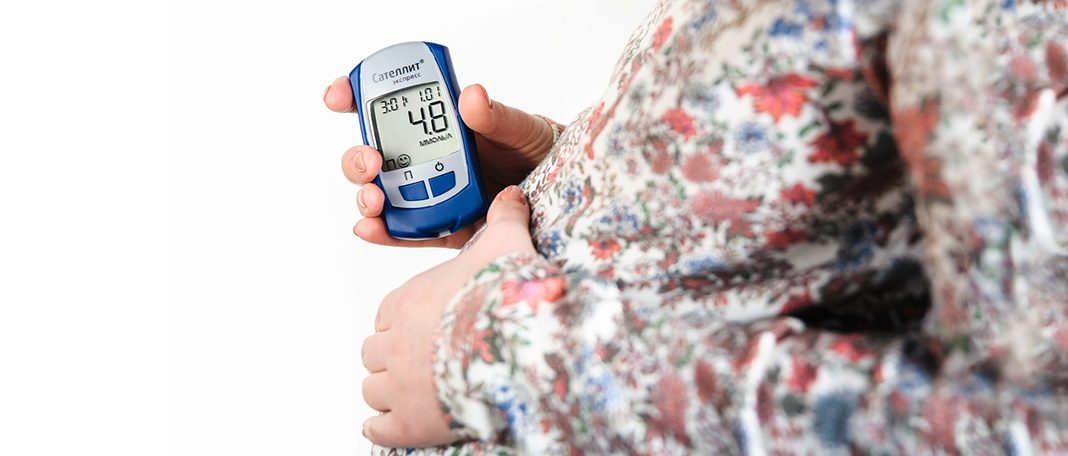Gestational diabetes is a type of diabetes that raises the blood sugar level during pregnancy. Every year 7 out of every 100 pregnant women are affected by gestational diabetes. It usually shows up in the middle of pregnancy, i.e., between 24 to 28 weeks. Gestational diabetes can affect both pregnancy and your baby. Here’s what you need to know about the causes, effects, and symptoms of gestational diabetes.
What is the main cause of gestational diabetes?
It happens due to hormonal changes during pregnancy. During pregnancy, your body can’t make enough insulin. This leads to a condition called gestational diabetes. It is also caused when the mother’s body is unable to make or use all the insulin that is needed for pregnancy.
Overweight and obesity are the main causes of gestational diabetes.
Symptoms of Gestational Diabetes
Gestational diabetes usually comes without any symptoms. That is why your gynecologist recommends you take a screening test. But you might experience the following-
- Increased thirst
- Frequent urination
- Tiredness
- Nausea and vomiting
- Infections
- Infections
Gestational Diabetes – Effects
Cardiovascular disease, kidney disease, and cancer risks are some of the effects of gestational diabetes.
Gestational Diabetes Risk Factors
Gestational diabetes might occur due to the following-
- Overweight and obesity
- Physically inactive
- Gestational diabetes in your previous pregnancy
- High blood pressure and heart diseases
- Polycystic ovary syndrome
- Family history of diabetes
Tests
Gestational diabetes is treatable. If you have gestational diabetes, your physician will ask you to take the following tests-
- Glucose Challenge Test- This is a two-step test
- You have to drink a sugary solution.
- One hour later, your sugar level is measured.
- Oral Glucose Tolerance Test – An oral glucose tolerance test measures your body’s response to sugar.
- The doctor or nurse will take blood samples.
- You’ll be asked to drink glucose water.
- Later, another blood test will be taken to measure your sugar level.
These tests measure how your body uses glucose.
Treatment
Treatment for gestational diabetes include the following-
- Insulin injections
- Special meal plans
- Scheduled physical activity
- Blood sugar tests
The right treatment at the right time helps you prevent complications during pregnancy.
Diet for Gestational Diabetes
A healthy and balanced diet manages gestational diabetes. If you have gestational diabetes, please do eat these foods.
- Eat plenty of fruits and vegetables.
- Chicken
- Eggs
- Fish
- Low-fat dairy products
- Turkey
- Avocado
- Nuts
- Olive oil
- Seeds
What food to Avoid?
Avoid fast food, alcoholic beverages, baked goods, starchy foods, candies, and sweetened cereals.
















